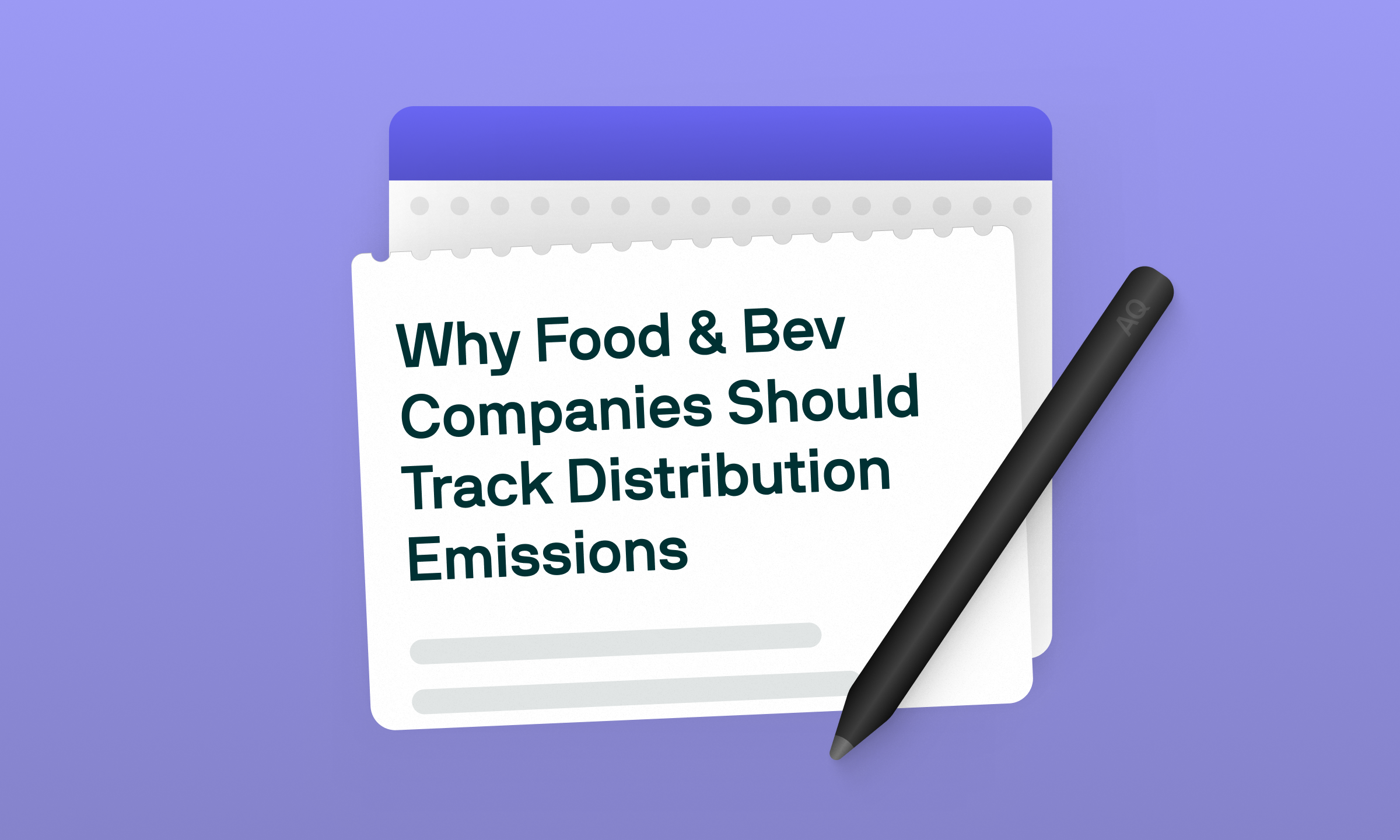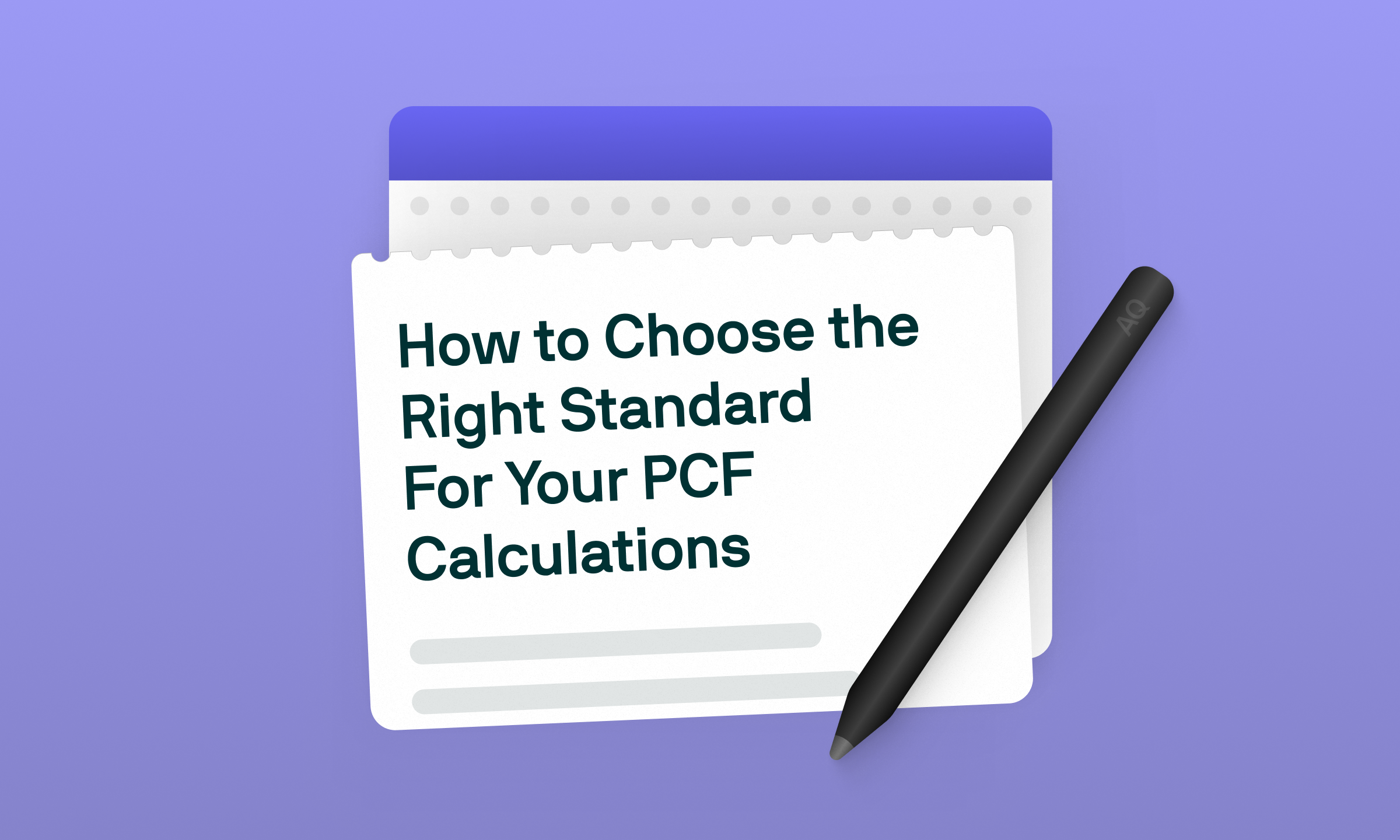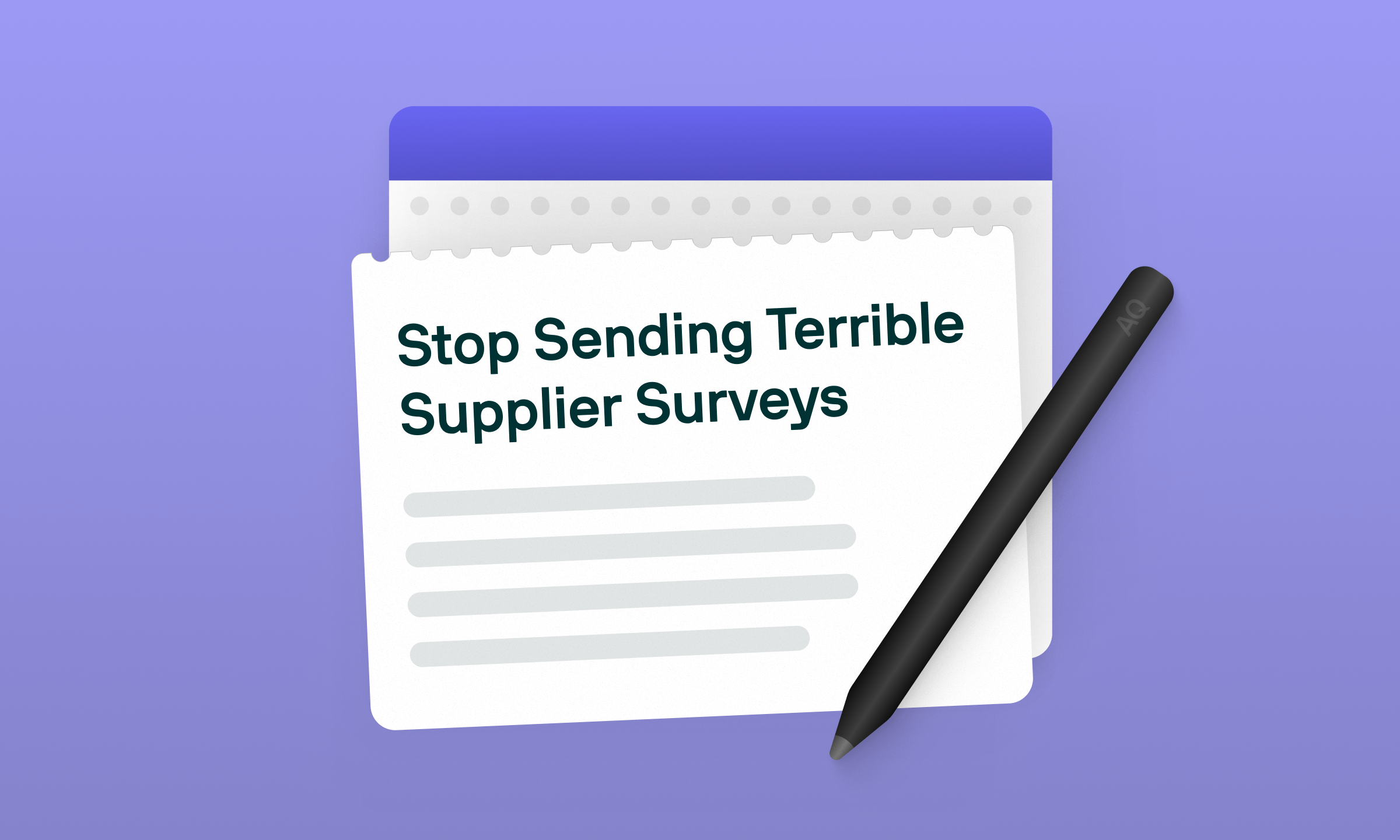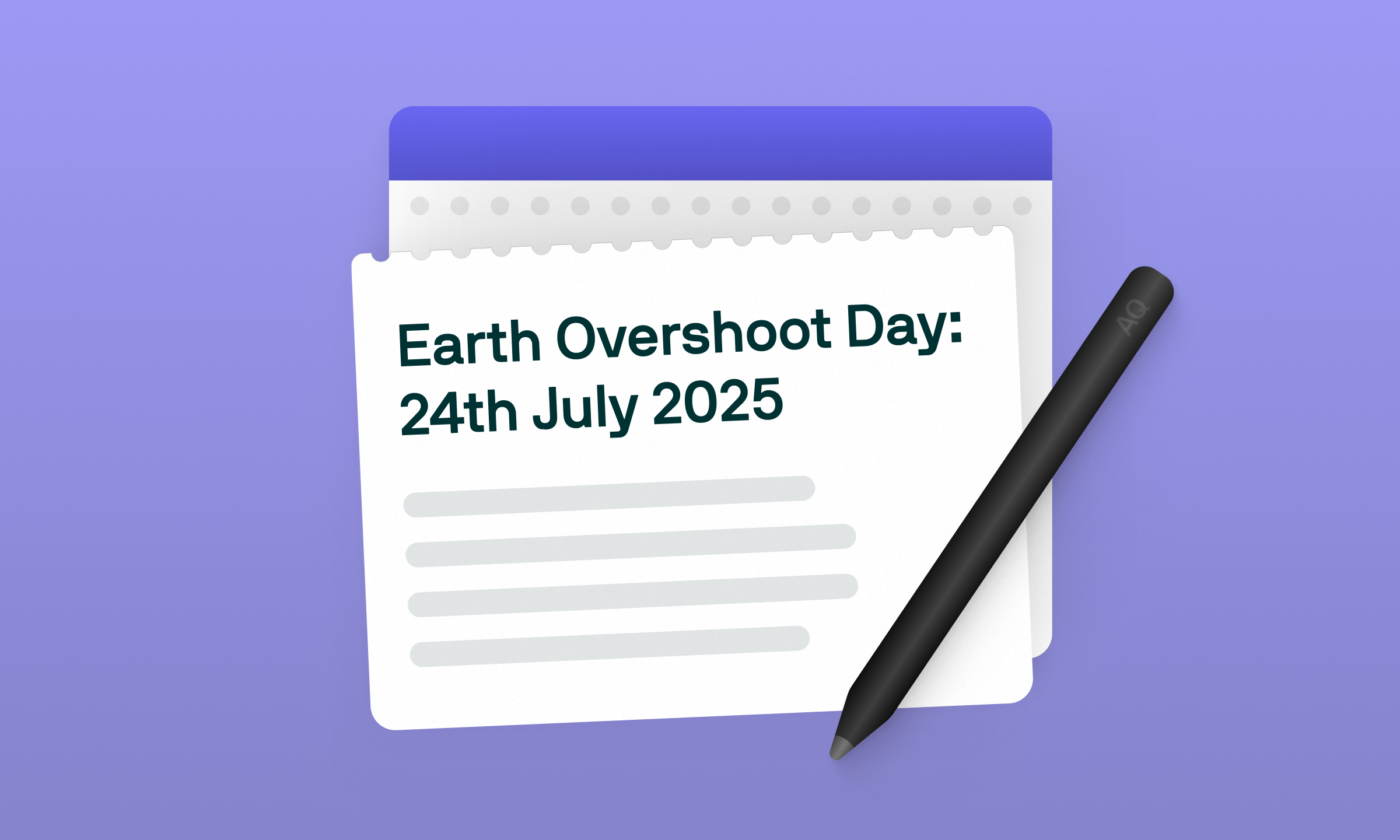Sustainability Functions Are Under Pressure

What you'll learn



Sustainability Functions Are Under Pressure
Written by Saif
Over the past few months, I've observed two contradictory trends:
- Public data shows that sustainability-related hiring continues to outpace the broader economy, with double-digit percentage growth. This is particularly pronounced in the UK and Europe.
- Conversations with companies in my network reveal that sustainability functions face significant pressure on costs, affecting both headcount and operational budgets globally.
This paradox makes the current state of sustainability difficult to understand (but let’s try).
Three Distinct Approaches to Sustainability
I think of corporate sustainability in concentric circles. At the centre lies an inner core of 'pioneers': organisations for which sustainability is neither new nor superficial. These companies have been developing robust sustainability practices for years, perhaps as a consequence of being large entities whose environmental impacts face intense public scrutiny. Unilever is a classic example of a company in this ‘inner core’ (but I know dozens of others).
Surrounding this inner core is a layer of 'adopters'. These organisations face similar sustainability imperatives, whether due to their business model or customer expectations. They have been adapting and implementing the pioneers' playbooks. Several major retailers fit this profile.
The outermost layer consists of 'reporters' - organisations primarily fulfilling regulatory requirements without recognising a compelling commercial incentive to develop comprehensive sustainability practices. By sheer numbers, this represents the largest group of companies.

Sustainability as Capability, Not Function
Increasingly, sustainability is treated as a capability rather than a function. The parallel that comes to mind is the digital transition that began around 2010. Many large companies appointed Chief Digital Officers and established digital departments, supported by specialised tools and consultants to navigate the journey toward digital maturity. It was a good time to be Accenture or McKinsey.
The objective of these functions wasn't to create a more effective digital department, but rather to build digital capabilities throughout the organisation. Success meant a digitally-enabled procurement function, for instance, not a more prominent digital team.
I think sustainability is similar. The goal of an effective sustainability function is for sustainability principles to permeate the entire business, rather than for the sustainability department to absorb other business functions.
I know, the analogy has its limitations. Sustainability progress typically moves more slowly because many variables lie outside direct business control (and the drivers are sadly a fair bit weaker).
The Current State of Play
Returning to our initial paradox, my hypothesis is that we're witnessing an acceleration of this capability-building playbook. From 2018-2022, we saw increased investment in sustainability capabilities, driven primarily by 'adopters' who borrowed and adapted approaches from pioneering companies.
Over the past 12-18 months in particular, two things have happened:
- Companies face unprecedented financial pressure driven by elevated interest rates and trade uncertainties. This has prompted organisations with mature (or maturing) sustainability teams to accelerate their integration into other functions. The two most common transitions I've observed are sustainability reporting moving into Finance and sustainable supply chain initiatives being absorbed by Procurement.
- Regulatory timelines have shifted but not disappeared. Two years ago, CSRD implementation was projected for 2024. Today, EU Omnibus has extended this timeline while also confirming that CSRD is happening. Companies in the outer layers, particularly the 'reporters', are establishing or expanding sustainability functions to build necessary capabilities for compliance.
Implications For Sustainability Professionals
So what? I think there are a few implications for sustainability professionals:
- Long-term, we'll likely see fewer pure sustainability roles within organisations. The opportunity lies in evolving toward enduring business functions (procurement, production, sales) where sustainability must ultimately live. This requires increasingly function-centric expertise and potentially charting a pathway toward functional leadership outside traditional sustainability domains.
- Experience in delivering functional transformation becomes increasingly valuable. You may find greater fulfilment applying these skills across different organisations. Simply being able to 'tell the sustainability story' will no longer suffice. As this playbook evolves in every business, the transformation skills companies seek will become more specific and demanding.
- Short-term, businesses may miscalculate the right balance. Many organisations aren't prepared to transition to the next stage in this evolution, as the necessary capabilities aren't yet fully developed. It's therefore more critical than ever that sustainability functions demonstrate their value. This is best achieved through robust ROI metrics and focused initiatives where impact can be maximised.
On this last point, I'm reminded of perhaps the most valuable career advice I’ve seen, which is better said by America’s 44th President.
- Written by Saif Hameed


.svg.webp)






.png)



